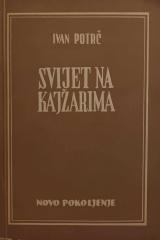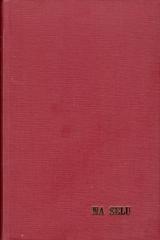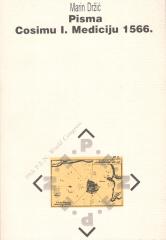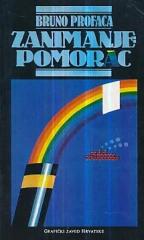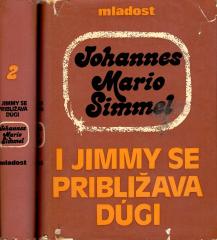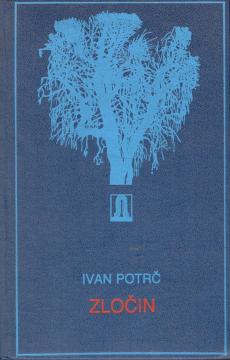
Zločin
Crime (1955) by Ivan Potrč is a historical novella that focuses on the last days of communist illegals Đuro Đaković and Nikola Hećimović, key figures of the Communist Party of Yugoslavia in the period between the two world wars.
The story is set in the turbulent years of 1929, during the 6th January dictatorship of King Alexander, when the Communist Party of Yugoslavia was banned and its members were subjected to persecution and repression. Potrč, known for his social-realist approach, faithfully reconstructs historical events, focusing on the tragic fate of the protagonists.
Đuro Đaković, the party organizer, and Nikola Hećimović, his close associate, are depicted as dedicated fighters for the workers' cause, faced with betrayal, police pursuit, and internal moral dilemmas. Potrč describes in detail their illegal work, hiding in Zagreb, and attempts to organize a party network despite constant danger. The climax comes at the moment of their arrest and brutal murder by the police, which Potrč portrays as a symbol of sacrifice for the ideals of justice and freedom.
The novel emphasizes heroism, but also the tragic powerlessness of the individual in the face of a repressive apparatus. Through simple but powerful language, Potrč evokes an atmosphere of fear and resistance, exploring themes of loyalty, betrayal, and sacrifice. The work is significant as a testimony to a historical moment and a contribution to socialist literature.
One copy is available
